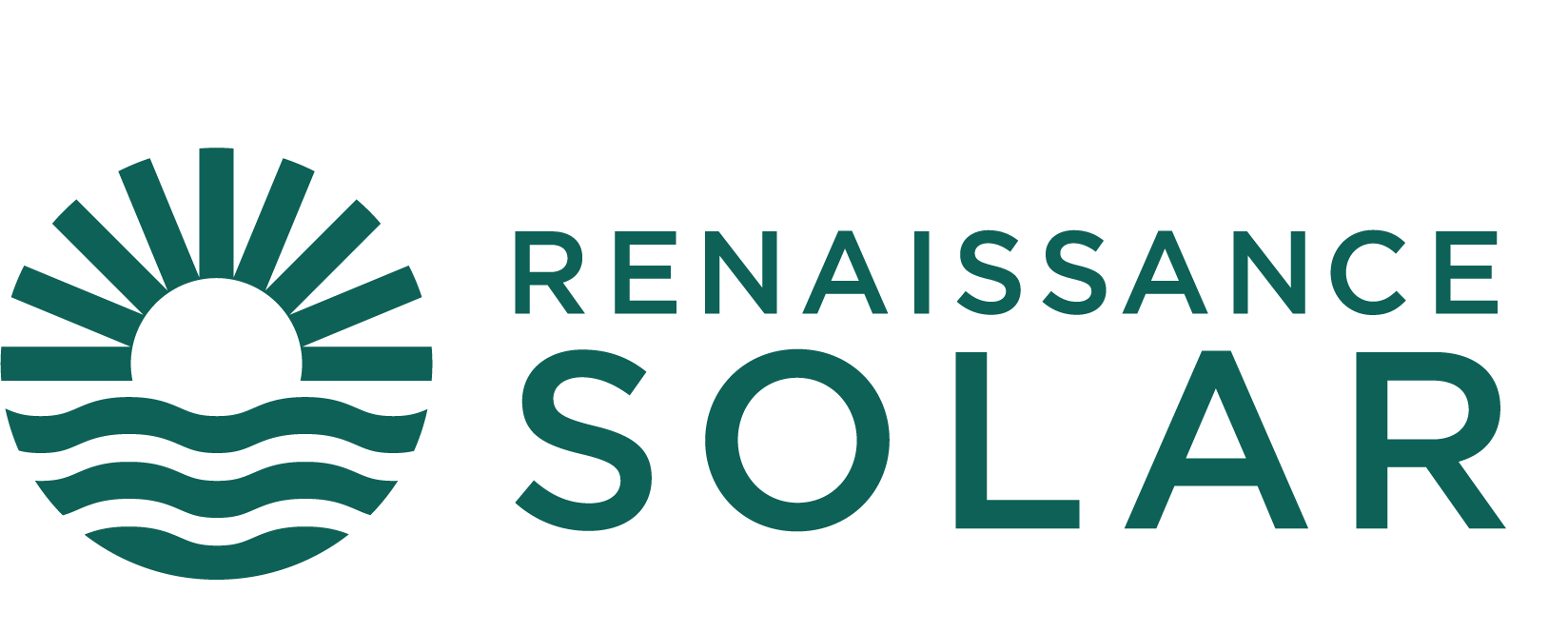Inverters play a vital role in solar panel systems, converting direct current (DC) electricity produced by solar panels into alternating current (AC) electricity that can power homes and businesses. For anyone considering the installation of solar panels, understanding how inverters work is essential. Inverters can have a significant impact on the system’s efficiency, performance, and cost.
An inverter’s main function is to convert DC electricity into AC electricity for use in homes and businesses. A solar panel produces DC electricity, while an appliance or device uses AC electricity. Pulse width modulation (PWM) or maximum power point tracking (MPPT) are the methods used by inverters to perform this conversion.
PWM is the process of turning the DC electricity on and off rapidly, with the frequency of the switching creating an AC waveform. MPPT, on the other hand, optimizes the conversion process by adjusting the voltage and current to ensure maximum power output from the solar panels. MPPT is more efficient than PWM, as it can extract more power from the solar panels, making it the preferred method for most solar panel systems.
In addition to converting DC to AC, inverters also play a critical role in monitoring the performance of the solar panel system. Most inverters come with monitoring capabilities that track the amount of energy produced by the solar panels and provide real-time data on the system’s performance. This data can be used to optimize the system’s performance and identify any issues that may arise.
Inverters can be divided into two categories: string inverters and microinverters. Due to their cost-effectiveness and ability to handle a larger number of solar panels, string inverters are most commonly used in solar panel systems. On the other hand, microinverters are installed on each individual solar panel, enabling more precise power conversion and monitoring.
In conclusion, inverters play a crucial role in solar panel systems, converting DC electricity to AC electricity and monitoring system performance. Understanding how inverters work can help homeowners and businesses choose the right type of inverter for their needs, optimize their system’s performance, and ultimately save money on energy costs.
If you’re considering a solar panel system installation, be sure to work with a reputable solar company that can help you choose the right inverter for your needs. Renaissance Solar is a leading solar company that specializes in solar panel system installations, offering a wide range of products and services to meet the needs of homeowners and businesses. Contact Renaissance Solar today to learn more about their solar panel system installations and how they can help you save money on energy costs while reducing your carbon footprint.
